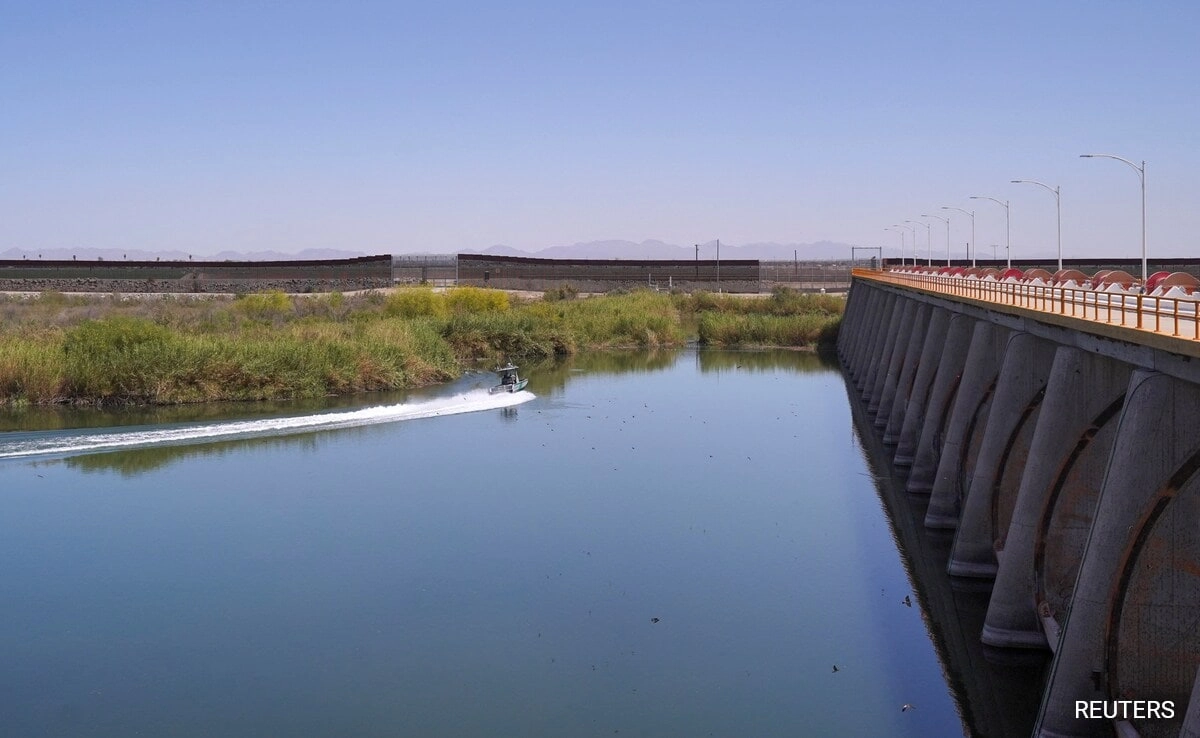Amid escalating tensions between the United States and Mexico, particularly regarding trade policies, Mexico has made a significant concession by agreeing to send water to the U.S. This decision comes in the wake of threats from U.S. officials to impose additional tariffs on Mexican goods if the situation surrounding water supply issues was not addressed. The backdrop of this agreement highlights the complexities of cross-border relations and the critical importance of water resources, especially in the arid regions that both nations share.
The negotiations stem from a longstanding treaty that mandates water sharing between the two countries, which is particularly crucial for agricultural regions in the U.S. that rely on consistent water supplies. With severe drought conditions affecting both countries, the urgency of the situation has increased. U.S. farmers, facing an uncertain future due to water shortages, have been vocal about the need for Mexico to fulfill its commitments under the treaty. Mexico’s decision to comply not only alleviates some of the pressure from the U.S. but also reflects a broader understanding of the interdependence between the two nations in managing shared resources.
This agreement is more than just a response to tariff threats; it signifies a willingness to collaborate on pressing environmental challenges. Water scarcity is a growing concern exacerbated by climate change, and both nations are recognizing the necessity of cooperative management of their shared water resources. By finding common ground, Mexico and the U.S. can work towards sustainable solutions that benefit both countries, ensuring that agricultural sectors remain viable and that communities have access to essential water supplies.
In conclusion, while the agreement to send water from Mexico to the U.S. is a direct response to economic pressures, it also serves as a reminder of the interconnectedness of regional issues. As both countries navigate the complexities of trade, environmental challenges, and resource management, this instance underscores the importance of diplomacy and negotiation in addressing mutual concerns. Moving forward, it will be critical for both nations to continue fostering cooperation to ensure the equitable sharing of resources, paving the way for a more sustainable and stable future in the region.




